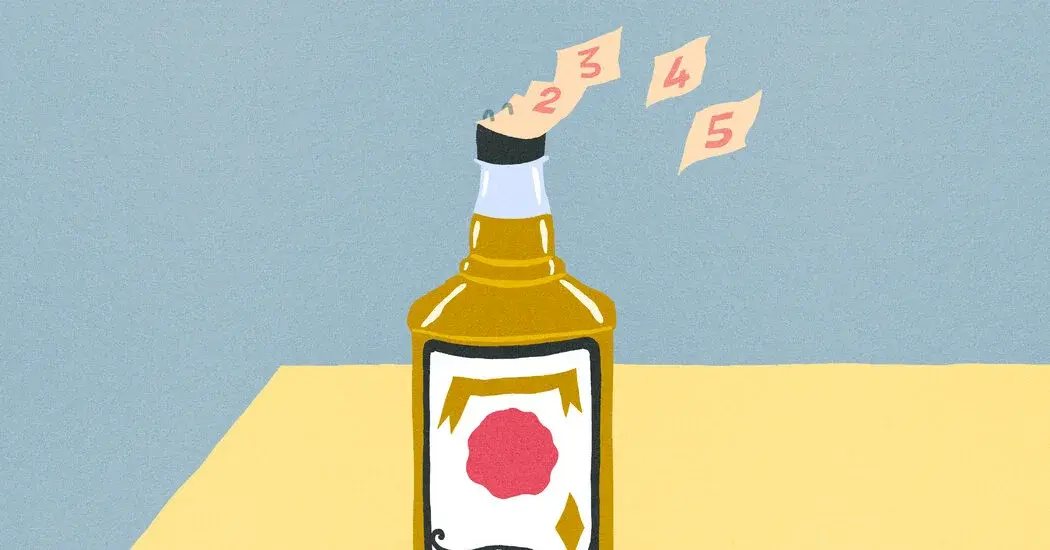Archived on December 29, 2023: Considering Dry January? Set Yourself Up for Success.
I did that spontaneously almost a decade ago. Alcohol is overrated and I do not regret the decision. If one misses the flavor or other aspects, be advised there are now many excellent non-alcoholic drinks available (beer, wine, and even liquor approximations). Increasingly, I’m finding them available at restaurants and bars.
Since I started working in brewery I don’t have dry anything.
That said I try to drink as little beer as possible. So I am well known abstinent there.
Drinking a little isn’t necessarily an issue. It’s good to be mindful of quantities as you are.
The goal of Dry January is to either take a break or reduce consumption for a month, everyone can pick a goal. A periodic break helps manage consumption. People who participate often end up drinking less for the remainder of the year.
🤖 I’m a bot that provides automatic summaries for articles:
Click here to see the summary
There is no data suggesting that those folks won’t be able to abstain from drinking, said Dr. David Wolinsky, an assistant professor of psychiatry and behavioral sciences with Johns Hopkins Medicine, who specializes in addiction.
The challenge isn’t a stand-in for treatment for people with alcohol use disorder, he stressed, but those who are looking to get a fresh start to the year may benefit from the mental and physical reset it can offer, and the opportunity to adopt new habits.
One of the simplest steps is to spread the word among friends and family that you intend to take the month off, said Casey McGuire Davidson, a sobriety coach and host of “The Hello Someday Podcast,” which focuses on “sober-curious” topics.
Research has shown that accountability can play a critical role in helping habits stick, and you might find a friend or partner to join you, Ms. Davidson suggested.
“Dry January gives people a period of time when they can stop drinking with community and support,” she said, “without a lot of questions.” Ms. Davidson also recommended reading books that may help you evaluate your relationship with alcohol, or listening to sobriety podcasts.
Building extra time or effort into an activity that is typically seamless for you — such as pouring a glass of wine when you walk through the door after a long day at work — greatly reduces the likelihood of engaging in that behavior, Dr. Wood said.
Saved 72% of original text.



